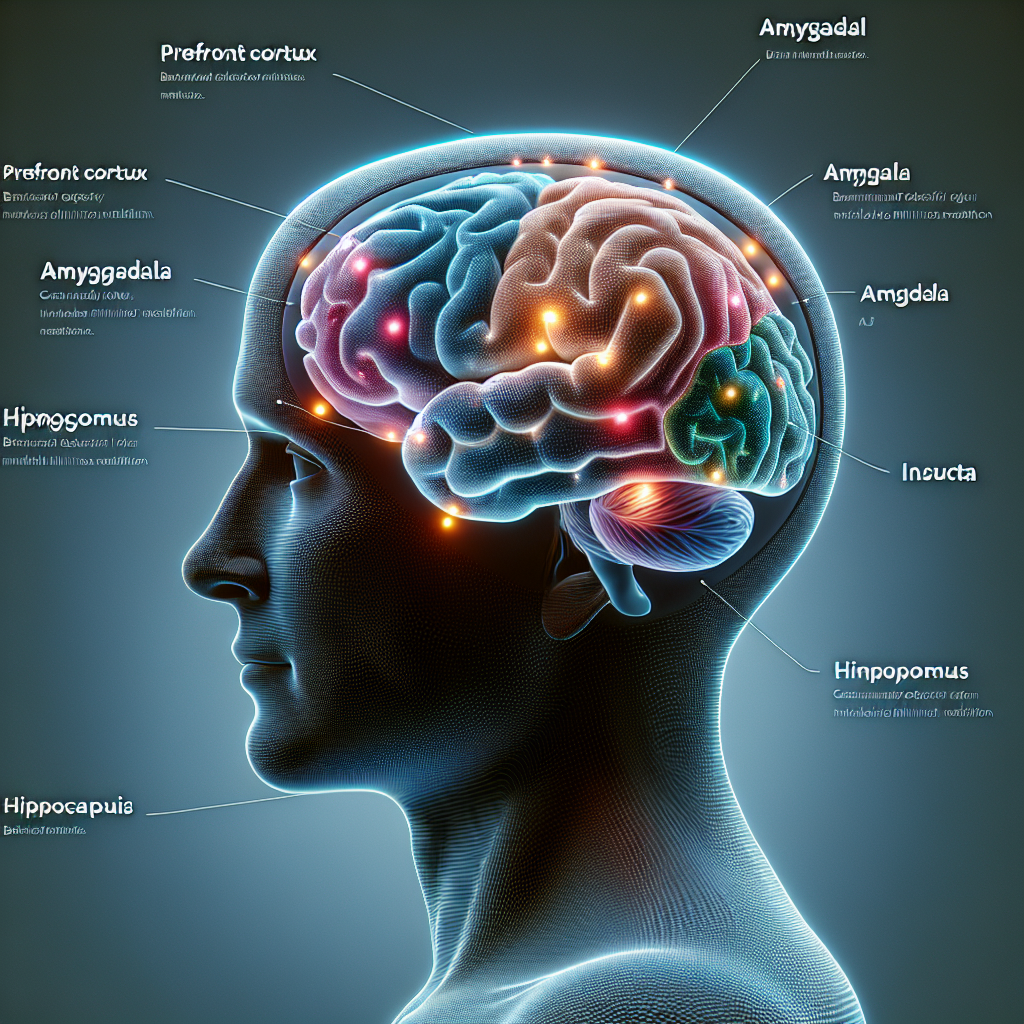In a world where the hustle of everyday life can lead to significant stress, finding effective ways to manage this stress is crucial for maintaining not only our mental well-being but also our physical health. One area that is increasingly gaining attention is the influence of stress management techniques, particularly Mindfulness-Based Stress Reduction (MBSR), on brain health. This article will delve into the science behind MBSR, explore its impact on the brain, and examine how it can be integrated into our lives for improved cognitive function and overall brain health.
Understanding Mindfulness-Based Stress Reduction
Mindfulness-Based Stress Reduction is a structured program that combines mindfulness meditation and yoga to promote increased awareness of the present moment. By focusing attention on the here and now, individuals practicing MBSR can observe their thoughts and feelings without judgment. This heightened state of awareness can lead to reduced stress and improvements in emotional regulation.
The practice of MBSR has been linked to numerous health benefits, including reductions in anxiety, depression, and pain levels. However, one of the most profound areas where MBSR can have an impact is on brain health. As we explore this connection, it’s essential to consider the broader context of brain health, which can be further understood by visiting Avix Health’s comprehensive section on brain health.
The Neurological Impact of MBSR
Research suggests that MBSR can lead to structural and functional changes within the brain. These changes occur in areas associated with attention, emotion regulation, and self-awareness. For instance, studies have shown increased gray matter density in the hippocampus, which is essential for learning and memory, and in areas of the brain responsible for emotion regulation.
Moreover, MBSR has been shown to decrease activity in the amygdala, the brain’s "fight or flight" center, which is activated during stress. This reduction in amygdala activity corresponds with a decrease in stress-related hormone levels, suggesting a biological underpinning to the subjective reports of reduced stress among MBSR practitioners.
Supporting Evidence from External Resources
In line with these findings, several niche and specific resources provide further insights into the impact of MBSR on brain health:
- A meta-analysis published in the Journal of the American Medical Association emphasizes the effectiveness of MBSR in improving psychological health, which can be accessed here.
- The National Institutes of Health offers an in-depth look at how mindfulness meditation practices can modify neural circuitry and processing, available through this resource.
- The Harvard Gazette has reported on research demonstrating the first evidence of meditation-related brain changes over time, which can be read here.
MBSR and Stress-Related Brain Aging
Chronic stress has been identified as a risk factor for accelerated brain aging and related neurodegenerative diseases. By promoting relaxation and reducing stress, MBSR may help slow down the aging process of the brain and reduce the risk of conditions like Alzheimer’s disease. It is posited that mindfulness practices bolster cognitive reserve, the brain’s ability to improvise and find alternate ways of getting a job done, which can be crucial in resisting the damage caused by aging and disease.
MBSR’s Role in Cognitive Function and Mental Health
Mindfulness practices have also been associated with improved cognitive functions such as enhanced attention, better concentration, and increased mental clarity. By training the brain to focus on the present, individuals can improve their ability to process information and make decisions. Additionally, the emphasis on non-judgmental awareness can lead to improved psychological well-being, reducing the likelihood of mental health issues.
For those exploring methods to manage long-term stress and its impact on mental wellness, Avix Health provides a thorough analysis in their article on Mental Wellness Strategies for Managing Long-Term Stress.
Implementing MBSR in Daily Life
Incorporating MBSR into one’s daily routine can be approached in a variety of ways. Many people choose to enroll in an eight-week MBSR course, which provides a structured introduction to mindfulness meditation and yoga. However, there are also many resources available for those who wish to begin practicing on their own.
Simple techniques such as mindful breathing, where one focuses on the sensation of breath entering and leaving the body, or body scan meditation, where attention is brought to each part of the body in turn, can be easily adopted into daily life. The key is consistency and the intention to be present in each moment.
Broader Approaches to Brain Health
While MBSR is a powerful tool for enhancing brain health, it is one of many strategies that can contribute to cognitive well-being. For a deeper dive into how different approaches impact brain health, consider reading about the Effects of Holistic Wellness Approaches on Brain Health or the benefits of Multilingualism on Brain Health, both available on Avix Health.
Conclusion
Mindfulness-Based Stress Reduction offers a promising avenue for not only managing stress but also for enhancing the overall health of the brain. By engaging in mindfulness practices, individuals can foster greater neural plasticity, cognitive function, and emotional stability. As we continue to understand the brain’s incredible capacity for change, MBSR stands out as a valuable practice for anyone looking to improve their mental health and cognitive resilience.
For those interested in exploring this topic further, Avix Health remains a rich repository of information, providing actionable insights and evidence-based recommendations for those seeking to enhance their brain health and overall well-being.



